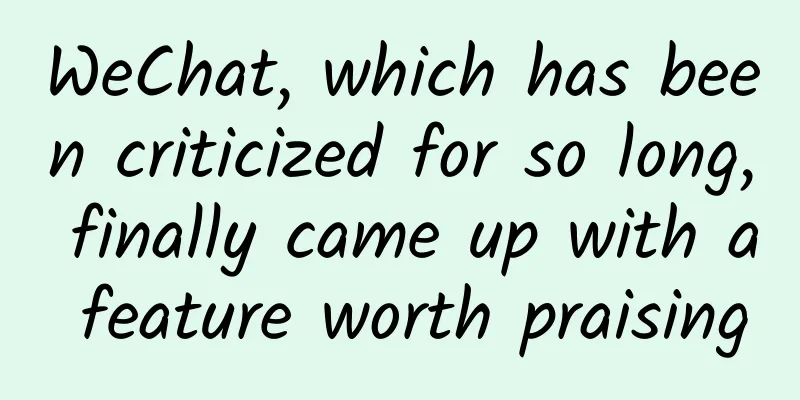Google releases Fuchsia specification for its non-Linux operating system

|
Google has revealed details of its non-Linux operating system, Fuchsia. This week, Google released what it calls "The Book": a programmer's guide to operating Fuchsia. According to the document, Fuchsia uses a microkernel architecture and is dedicated to being an operating system for embedded devices. The document describes Fuchsia's kernel design, software interface, services and libraries for running programs, storing data, and accessing the network, as well as how users can draw things on the screen. Judging from the document, the operating system is still under development. These files point to lk, or Little Kernel, developed by Travis Geiselbrecht, who is very capable in designing operating systems. He joined Google in 2012 and has been working on the development of Fuchsia with Google employees since 2015. The Fuchsia kernel, called Zircon, is written in C based on lk. It provides applications with 32-bit handles to access objects through system calls, which are used to manage memory, exchange information with other running programs, and use synchronization primitives. The system also provides C++ classes that allow objects to be manipulated through system calls. Other concepts are defined in the document, including jobs, processes, threads, signals, wait rules, and events. Next to the kernel is the Zircon Core, which handles device drivers, POSIX-compliant input and output, the C runtime and ELF binary loading, and most importantly the Zircon Framework, which runs core libraries, applications and provides namespaces and sandboxes. The document also explains issues such as storage, graphics and networking. The source code indicates that the system supports x86-64 and arm64 processor architectures. Currently, the document has not yet completed the description of compatibility and other issues. |
<<: How did Zhang Xiaolong build the huge business empire of WeChat?
>>: The past and present of mobile phone cameras are like a game of PlayerUnknown's Battlegrounds
Recommend
Research on cloud terminal transmission protocol based on SPICE protocol
1. Background The transmission protocol is the co...
Tesla's plan to produce its own batteries is revealed, with the goal of lowering the price of its own cars to the same level as fuel vehicles
Battery packs have always been the lifeblood of n...
Research suggests that pollution caused by AI could cause 600,000 asthma cases and 1,300 premature deaths in the United States
A major study found that by 2030, the electricity...
How does a spacecraft flying in space find its way home?
After a spacecraft enters space, there is one uns...
The noise is too loud~How to reduce noise with headphones? Are noise-cancelling headphones good?
The symphony of the city is not always pleasant t...
How to plan a successful operation event (offline event version)
“Prerequisites for offline events : Small events:...
Ningde Mini Program Production Company, how much does it cost to produce a kitchen mini program?
The factors affecting the quotation of Ningde Kit...
Douyin Promotion and Operation丨How to write a Douyin title that gets over 10,000 likes?
When it comes to new media, the first thing that ...
Is your shopping cart infected? It turns out that these 8 products are all "fake products"
Feeling the convenience brought by “use and throw...
Revealed: Ancient China's metal smelting technology and mineral mining "black technology"
In the history of human civilization, metal smelt...
Internet enterprise operation and promotion plan (mind map)
We should all know that there are several work sc...
E-commerce operations: 6 tips to teach you how to make e-commerce materials!
Although website material production is a very ba...
In April, Internet companies flocked to the subway to do marketing. Which one has the best creativity?
It has become the norm for Internet brand promoti...
Analysis of competitors of Tik Tok, Xigua Video, and Bilibili!
Table of contents: 1.0 Tik Tok VS Bilibili 2.0 Xi...
7 Nobel Prize winners gathered at the West Lake, and the most talked about topic was whether you and I could keep our jobs.
In order to find out the reason why some strange ...









